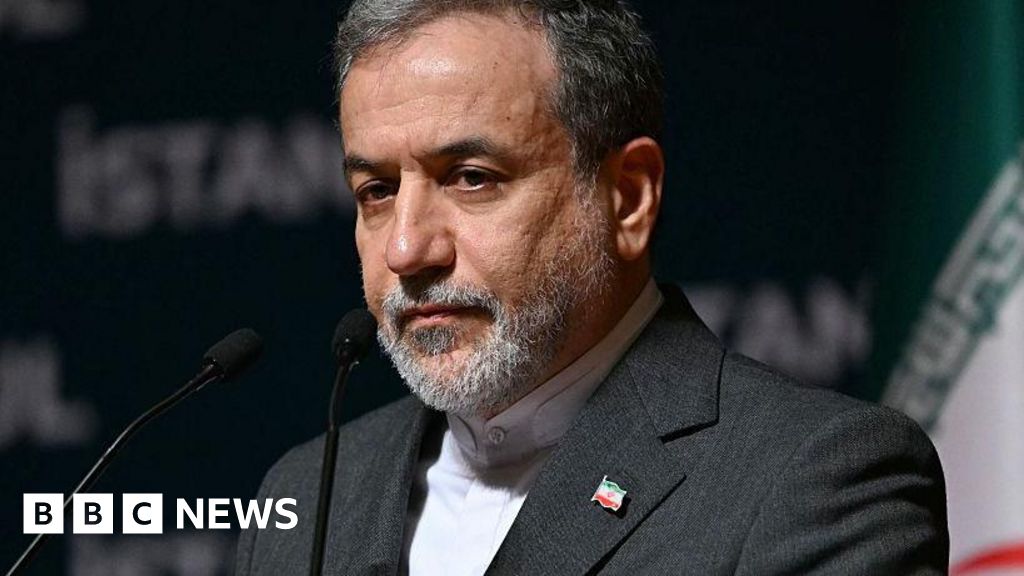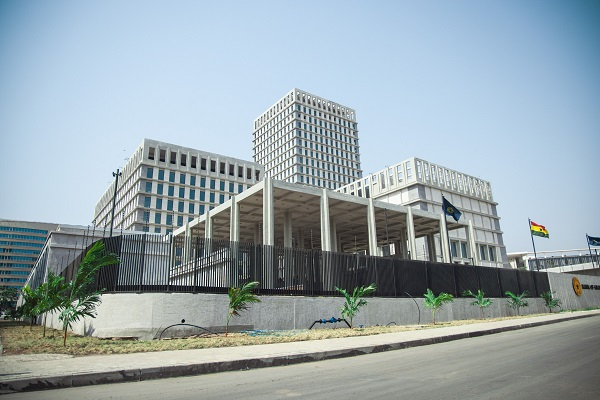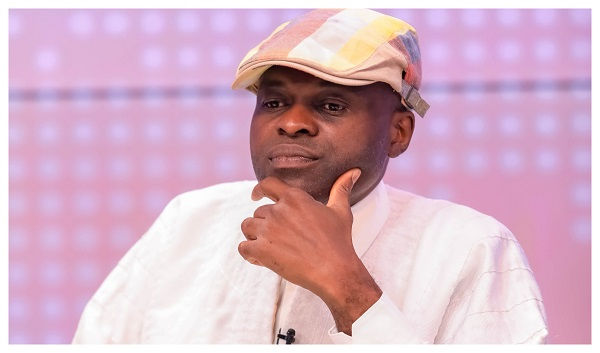CIPEN: To Solve Nigeria's Electricity Problem, FG Must Choose Competence over Politics - THISDAYLIVE
Emmanuel Addeh in Abuja
The Chartered Institute of Power Engineers of Nigeria ((CIPEN) has maintained that if Nigeria’s electricity deficit challenge is to be resolved, the federal government’s decisions relating to the sector must be devoid of political considerations.
Briefing the press in Abuja on the institute’s second anniversary, the President and Chairman of Council, Israel Abraham, explained that the government must prioritise competence and capacity as well as tap into the vast human resources available within the CIPEN.
“Politics decide everything that goes on in the country and the government controls the politics. Now, when the government puts its foot down and says we want to achieve this, before you know it, within a space of some years, it will begin to work because priority is placed there.
“As it stands right now, I’m not sure the government has put priority on the power problem being solved immediately. If the government does that, you will have a state of emergency declared in that area.
“Two, funds and everything will be mobilised towards that particular place. So, political will is lacking because if you have the political will, it will be impossible for you to just appoint anybody because you are looking for someone who will bail you out of this problem,” he argued.
He pointed out that if appointments and deployments are based on competence and people are given targets to achieve, Nigeria’s challenges in the sector can be surmounted.

In line with the establishment Act, he stated that the institute is built on 19 technical societies, each specialising in a specific segment of the industry end-to-end value chain, with each led by a renowned academic of professorial status and co-chaired by an industry expert.
He reiterated that all individuals and firms involved in all forms of power engineering undertakings such as consulting, contracting, construction/fabrication, installation, maintenance/repairs, marketing of power equipment/components, among others, are expected to be registered and licensed to carry out such businesses.
“It is crucial to note that non-compliance with the Act, such as vending and working on electrical and power engineering systems without the appropriate certification and licensing of the personnel and firm as the case may be, is a total contravention of the law of the federation.
“I urge all major stakeholders in the power sector to partner with CIPEN in transforming the power engineering landscape by instilling a sense of sanctity, foster professionalism, eradicate mediocrity in Nigerian Electricity Supply Industry (NESI) necessary for driving sectoral performance, and ultimately give birth to a thriving power industry that will exceed the expectations of all Nigerians,” he added.
CIPEN, he said, was poised to work with all stakeholders in the power sector to ensure that energy poverty is completely eradicated from Nigeria, explaining that as a regulator and professional body, it shall not relent until the goal is achieved and sustained.
Abraham stated that many entities deal with quacks who pose as engineers, who may not be able to deploy the professional services that are needed.
In his intervention, Deputy President of the institute, Wilson Ali, said that the birthing of CIPEN was propelled due to the dearth of competence, both in personnel and firms, noting that one of the mandates is to determine the skill set for those who are to be recognised as professionals.
Aside from Nigerians, he stated that foreigners must also register with CIPEN as a way of ensuring quality standards in the power sector.
Also speaking, Vice President, Power Business of CIPEN, Ahmed Katafi, who discussed tariffs in the industry, noted that in determining this, there are some considerations that have to be made, one of which is the financial sustainability of the service provider.
However, he argued that if investors are to flood the sector, pricing must be attractive to them, but argued that increasing tariff without sensitising the stakeholders was wrong.










